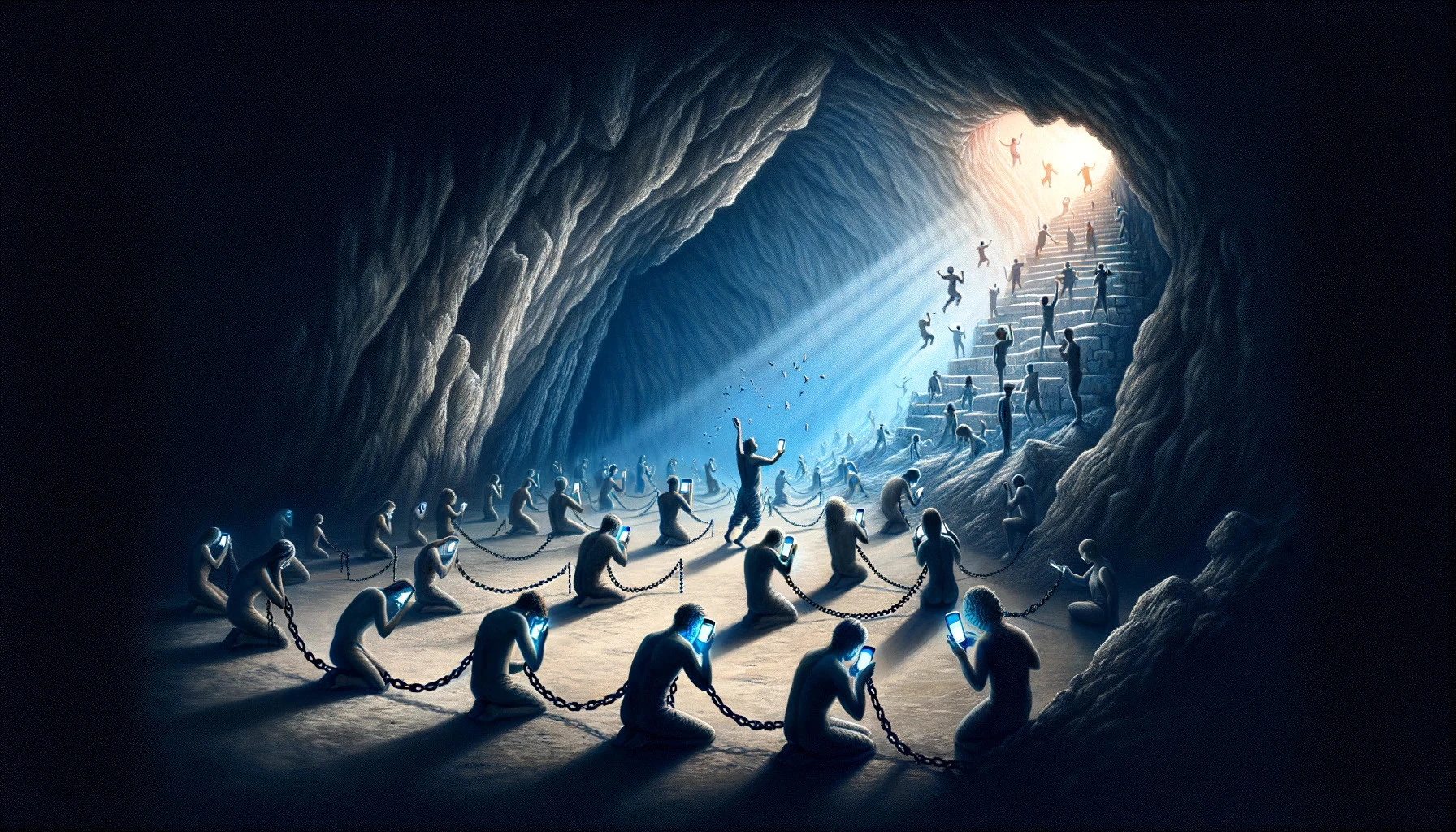Intellectual Property
INTELLECTUAL PROPERTY: A PERSONAL PERSPECTIVE#
Note
The content that follows encapsulates Geoffrey David Cowne's individual viewpoint on the concept of intellectual property, its various manifestations, and its broader implications.
THE CONCEPT OF OWNERSHIP#
In modern society, it is commonplace for creators to assert ownership and control over their creations, terming them as Intellectual Property. This concept, however, is a relatively recent development in the annals of human history.
A worrying trend among many corporations is the hoarding of intellectual property once its value is established. This is typified by patent wars, which see stringent corporate ownership clash with paradigms like Creative Commons or open-source.
Interestingly, creators can uphold copyright whilst simultaneously permitting varying degrees of their work's utilisation through Creative Commons licences, which are enforceable worldwide.
COMMODIFYING KNOWLEDGE#
Attribution: Dave59 at English Wikipedia / CC BY-SA
Certain entities opportunistically patent ideas that have been in the public domain for extended periods. These ideas are then commoditised and often sold to corporations as products. Such practices impede the free exchange of ideas, thereby stifling innovation in an age that demands the contrary.
KNOWLEDGE EXCHANGE: A PATH OUT OF IGNORANCE#

Attribution: Geoffrey David Cowne
Human advancement is largely indebted to the exchange of ideas and information. Urban discourse, whilst not always profound, underpins our inherent desire to share. This culture of sharing lays the groundwork for intellectual development. Societies that inhibit such exchanges, as witnessed during the European Middle Ages, often face stagnation.
QUESTIONING INTELLECTUAL RIGHTS ACROSS SPECIES#
Our hominid relatives share over 98% of our genetic makeup, yet we do not afford them the rights we grant to artificial entities like corporations. This disparity is perplexing.
Warning
Intellectual Property is a uniquely human construct. Apes, despite being our close genetic relatives, have no concept of it. It is worth reflecting on human behaviour, especially in corporate and political spheres, before passing judgment on apes.
In 2007, the Balearic Islands began to grant legal personhood rights to great apes, sparking a movement in Spain that led to laws protecting these primates' rights.
Attribution: Psych USD / CC BY-SA
THE ERA OF EXPONENTIAL IDEAS#
Collaborative thinking, coupled with modern communication networks, harbours the potential for an exponential increase in idea generation. The Library of Alexandria, with its knowledge accumulation practices, serves as a historical beacon of the power of idea exchange.
Conversely, isolated societies often undergo intellectual decline or regression. This was the case with Tasmania and post-Roman Europe. Present-day global trends, such as certain political movements in Britain and the US, suggest a possible re-emergence of isolationism.
Watch Matt Ridley's TED talk where he explores the intertwining of ideas and their societal impact.
REFLECTING ON RIDLEY'S PERSPECTIVE#
-
I agree with Ridley's assertion that ideas beget more ideas through human interaction; however, I challenge the notion that the rise in relative wealth is solely due to commerce. Sociopolitical frameworks also play an instrumental role.
-
Ridley amusingly claims ignorance of the inner workings of a computer mouse, suggesting its complexity is beyond common understanding. Yet, the principles underpinning such technology are often replicable with accessible resources.
-
Ridley's pencil metaphor, highlighting the complex cooperation involved in its creation, points to the overspecialisation endemic in modern academia. The value of a breadth of experience should not be underestimated.